Why Are Forklift Operators in High Demand in 2024?
In 2024, several factors are contributing to the increased demand for forklift operators. The logistics and supply chain industries are expanding rapidly, driven by the rise of e-commerce, globalization, and the need for efficient distribution systems. This expansion has led to the opening of new warehouses, fulfillment centers, and distribution hubs, all of which rely on forklift operators to move goods quickly and safely.

Take John, for example. He spent years working in retail, but when he noticed a surge in new distribution centers in his area, he recognized an opportunity for a more stable and potentially higher-paying job. He decided to transition to forklift operation, and within a few months, he was employed full-time at a warehouse. John's story is just one of many illustrating how the growing logistics industry is creating job opportunities for those willing to make the switch.
If you live near a logistics hub or a growing urban area, now could be the perfect time to enter this field. The U.S. Bureau of Labor Statistics has projected job growth in material handling, including forklift operation, due to increasing automation needs and the push for efficiency in warehousing. By becoming a certified forklift operator, you could tap into this expanding job market.
What Skills Do You Need to Transition into a Forklift Operator Role?
If you're coming from a different industry, don't worry—many skills from your current job can be transferable to a forklift operator position. Employers look for candidates who have strong attention to detail, a focus on safety, and the ability to work in fast-paced environments. For instance, Emma had been working in a manufacturing plant, where she operated various machines and adhered to strict safety protocols. When she transitioned to forklift operation, her familiarity with heavy equipment and safety regulations made the learning curve much easier.
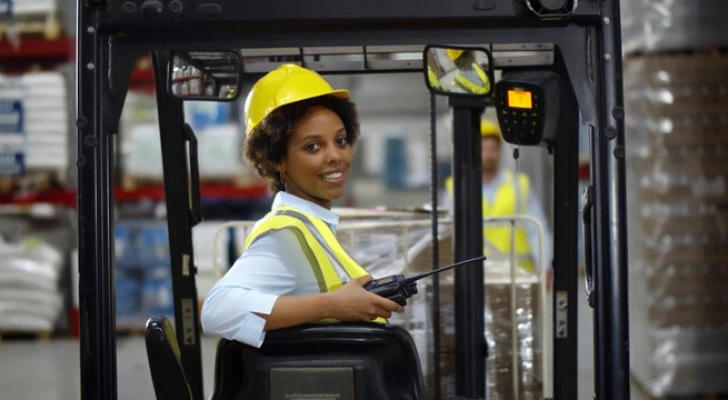
Similarly, if you've worked in industries like construction, warehouse management, or transportation, you might already have the foundational skills needed for forklift operation. These can include the ability to follow instructions carefully, operate machinery, and work efficiently in a team. If you don't have these skills yet, don't worry—many certification programs offer comprehensive training that will prepare you for the job.
How Can You Get Certified and What Does It Involve?
Certification is essential for becoming a forklift operator, and the process is generally straightforward. Most forklift certification programs last anywhere from a few days to a couple of weeks, depending on whether you choose in-person or online courses. The training typically covers the basics of operating a forklift, safety protocols, and workplace regulations.
Mike, a former truck driver, took a two-week certification course at a local training center. He found the course manageable and completed it quickly, allowing him to apply for jobs almost immediately. Certification programs usually include both classroom instruction and hands-on practice with the machinery, ensuring that you're fully prepared to operate a forklift in a real-world setting.
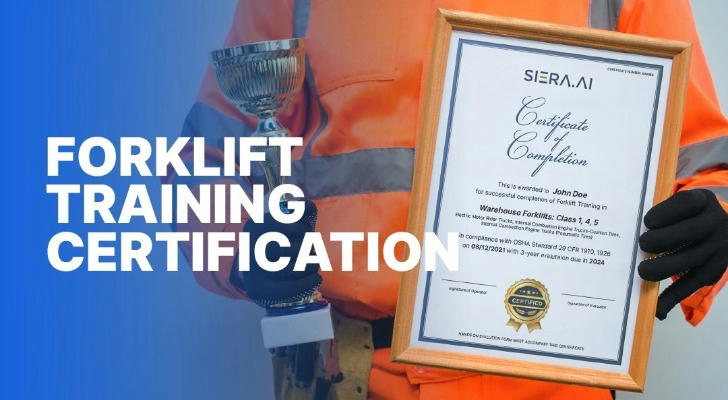
After completing your training, you'll receive an operator's certification, which is often valid for three years. It's important to choose a reputable training center that adheres to Occupational Safety and Health Administration (OSHA) standards, as this will ensure your certification is recognized by employers across the country.
What Are the Job Prospects Like for New Forklift Operators?
The job market for forklift operators is promising in 2024, with opportunities available in various industries, including warehousing, manufacturing, and retail distribution. Major logistics hubs, such as cities near ports, airports, and large urban centers, tend to have the highest demand for operators. For example, Sarah recently moved to a logistics hub near Atlanta, and she quickly found multiple job openings for forklift operators with competitive wages and benefits.
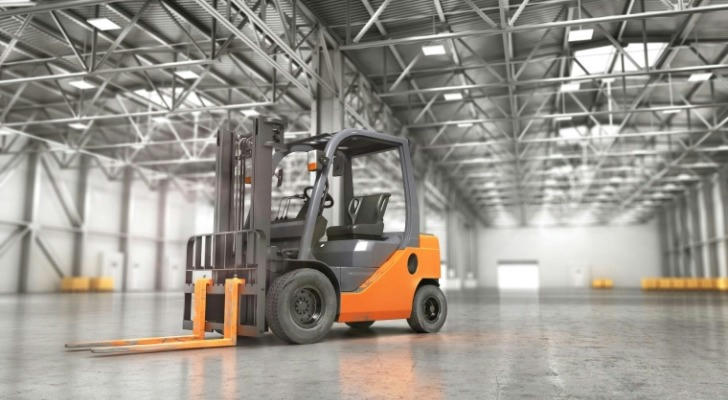
Salaries for forklift operators can vary based on location, experience, and industry. On average, entry-level forklift operators in the U.S. can expect to earn between $15 to $20 per hour, with opportunities for overtime and bonuses in high-demand areas. As you gain more experience, you could see salary increases, and with additional skills, such as inventory management or team leadership, you might even advance to supervisory roles within a warehouse or distribution center.
What Steps Should You Take to Make a Smooth Career Transition?
When transitioning into a new role as a forklift operator, it's important to leverage any relevant experience you already have. Highlighting skills like machinery operation, safety awareness, and teamwork on your resume can make a strong impression on potential employers. For example, David, a former warehouse manager, tailored his resume to emphasize his logistics and inventory management experience. This gave him an edge when applying for forklift operator positions, and he was hired quickly.
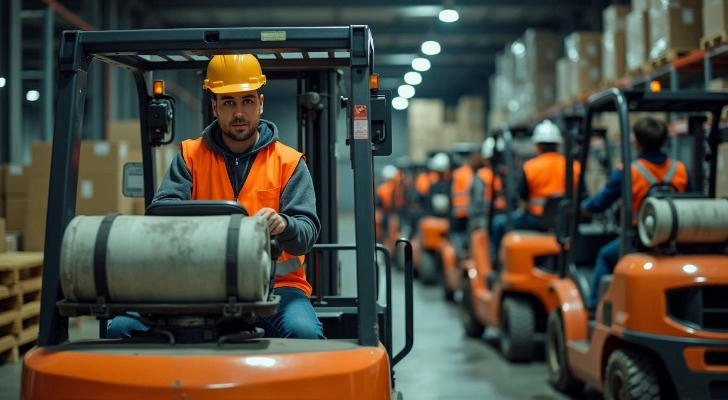
Networking is another valuable tool in your transition. Reach out to professionals already working in logistics or warehousing, attend industry job fairs, or join forklift operator communities online. These resources can help you stay informed about job openings and provide valuable insights into the industry. Additionally, working with a recruiter who specializes in warehouse staffing could also open doors to positions that align with your skills and goals.
Conclusion: Is This the Right Move for You?
Becoming a forklift operator in 2024 presents a fantastic opportunity, particularly if you're looking for a stable and in-demand job. With the supply chain industry expanding and more employers seeking skilled operators, you could find yourself in a rewarding position with room for growth. Whether you're like John, Emma, Mike, or Sarah, the path to a successful career transition is clear—start by getting certified, leverage your existing skills, and explore job opportunities in logistics hubs.
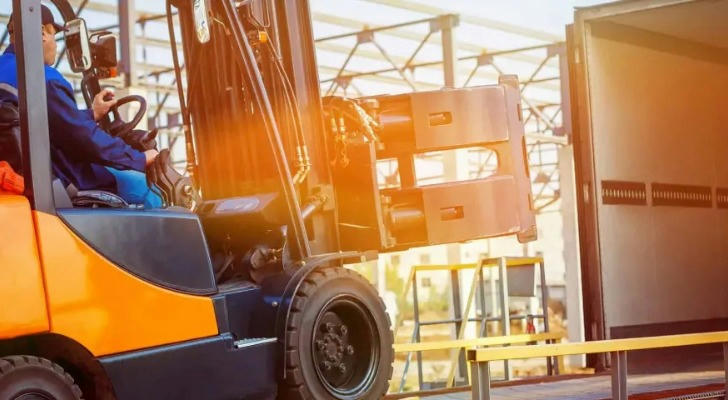
If you're ready for a new challenge and want to be part of an essential industry, why not take the first step toward becoming a forklift operator today?
